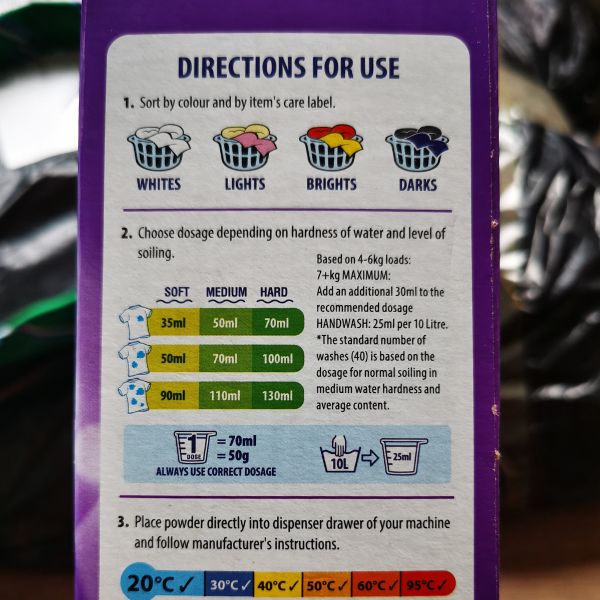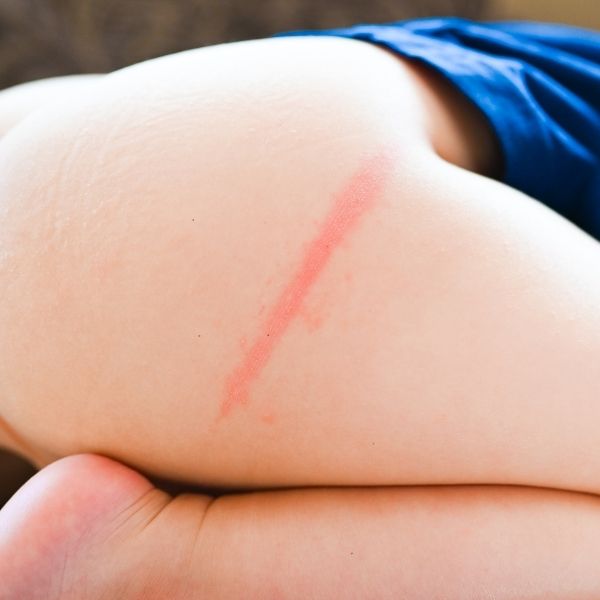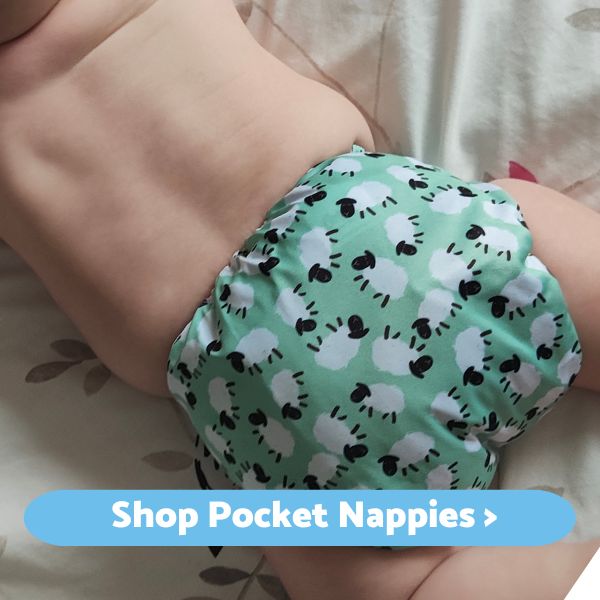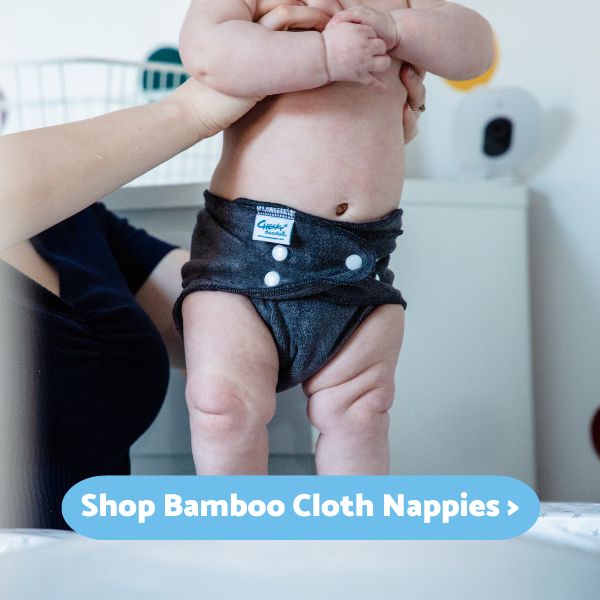Why Do My Cloth Nappies Smell?
Eurgh. You’ve been using reusable nappies for a while and you love them but all of a sudden they’re starting to reek. The smell is eye-watering and so bad it’s putting your off using your beloved nappies.
Don’t fear, we can help.
Here at Team Cheeky, we’ve been all about Simple Reusables since 2008. I used reusable nappies on all 4 of my kids and Kirstin, our reusable nappy queen was a self-confessed cloth nappy addict!
Together, we can help get rid of those stinks, so you can go on loving your cloth nappies.
Why Do My Cloth Nappies Smell?
There are several reasons why your cloth nappies might smell, including:
1 Wash Routine needs tweaking
The most common problem causing stinks and smells on reusable nappies is an issue with wash routine. The following guidelines are recommended by the Nappy Alliance (Reusable Nappy Manufacturers Alliance).
To avoid stinks and smells with your reusable nappies it is recommended that:
- nappies are washed at least every other day
- heavily soiled nappies are rinsed before being ‘dry-pailed’ (we find a Strucket super helpful for this) OR
- nappies have a rinse cycle (not a pre-wash) before being fully washed
- nappies are washed at 60c, or if washed on lower temperatures a nappy sanitiser such as mio or dettol antibacterial laundry liquid is used
2 Detergent Issues
The amount of detergent and type of detergent you use on your reusable nappies is super important too:
- Too little detergent and your nappies won’t wash well and end up stinky.
- Too much and you run the risk of detergent buildup which can cause nappy nash.
- Liquid detergent, gels, and tabs also aren’t recommended for reusable nappies.
- Fabric conditioner or softener should also be avoided.
What is the best laundry detergent for washable nappies?
The best laundry detergent for washable nappies is an appropriate amount of the correct powder detergent. Bio powder will clean better as it contains enzymes which help shift stains.
How much laundry powder do I need for reusable nappies?
By that we mean if your washing machine when loaded with nappies is half full, you use the pro-rata amount of powder recommended for a full heavily soiled wash. But that also depends on the size of your washing machine and what the laundry powder manufacturers recommend!
My laundry detergent pack looks like this:

My washing machine is a 9kg machine, so when it is half full it falls into the '4kg to 6kg' load which they based their recommendations on perfectly!
I live in a hard water area, and the nappies are heavily soiled, so I need to use 130ml of powder.

3 Ammonia Build Up
Ammonia build up can become an issue when the reusable nappies aren’t being laundered properly. For me, this was the issue which came up most, especially in night nappies, when urine was concentrated, or when my children were teething.
This also potentially causes issues with nappy rash and ammonia burns on your baby, so it’s important to sort this if you find it becoming an issue.
At this point you'll need a strip wash to get rid of the ammonia. Please DON'T use follow strip wash routines shared on forums which recommend using bleach, washing up liquid, dishwasher tablets. They can seriously damage your cloth nappies.
To remove the ammonia smell from your cloth nappies, you should:
- rinse your nappies on the rinse or a short wash cycle, cold water with no detergent and low spin. The aim of this is to get your nappies wet through and rinse any poo away
- wash your cloth diapers again with a full dose of powder (pro-rata if your machine is only half full for example) on a long wash of around 3 hours, in hot water or as hot as your manufacturer recommends (if your nappies are two parts, don’t wash your nappy wraps at 60c as you can damage the waterproofing)
- wash for a final time at 40c or 60c on a long wash cycle with no detergent…there shouldn’t be any suds left in your washing machine by this point
That's it! If you have any questions about strip washing, our bamboo 2 part nappies or new pocket nappies, please don't hesitate to contact us!
We hope you found this article helpful and relevant. We LOVE helping people make the switch to simple reusables, so if there's any topic you would like advice on, please do get in touch!
If you enjoyed this, you may also enjoy:
- Are reusable nappies hygienic
- How to clean washable nappies
- How to Strip Wash Nappies
- Reusable Nappies & Nappy Rash, your questions answered
- Facts vs Fiction, Top 10 Reusable Nappy Myths Busted
- The different types of reusable nappies
About the author: Helen Rankin is a Mum of 4, who founded Cheeky Wipes, the original reusable wipes kit back in 2008 after disposable wipes caused her eczema to flare up. She went on to develop their range of 'Simple Reusables' to include period pants, reusable sanitary pads and finally reusable nappies and pocket nappies. The Cheeky customer services team love helping educate customers to make the switch to reusables. They just LOVE to chat pee, poo and periods all day long! The Company was recognised for their hard work in developing environmentally friendly products with the Queens Award in Enterprise for Sustainable Development in 2021.


Informative article, however the statement that non-bio is better for sensitive skin than bio is factually incorrect. There is no evidence to suggest enzymes cause any kind of skin irritation (see NHS advice).
Hi Erinke, thanks - great to learn that the advice has changed! I have updated the post accordingly.
Helen